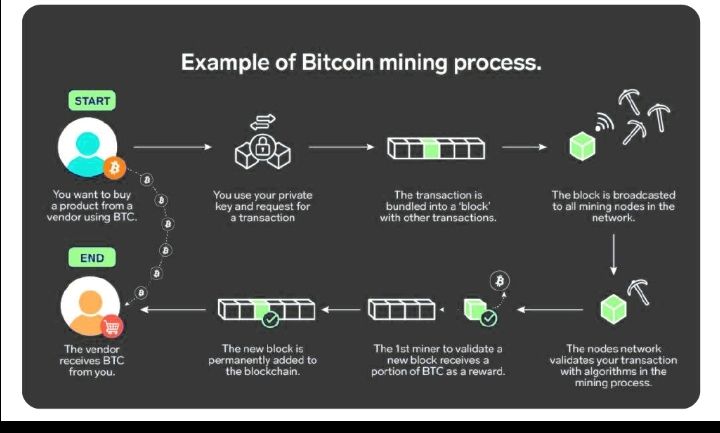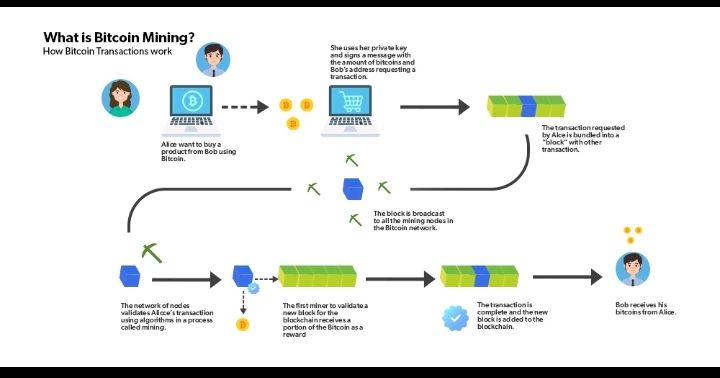The Crucial Role of Mining in Validating Transactions
Mining is a fundamental process in cryptocurrency and blockchain technology, serving as the backbone of transaction validation. It ensures the integrity, security, and decentralization of the network, allowing for trustless and transparent transactions.
What is Mining?
Mining is the process by which specialized computers, known as nodes or miners, verify and record transactions on a blockchain. This involves solving complex mathematical puzzles, which requires significant computational power. The first miner to solve the puzzle gets to add a new block of transactions to the blockchain, thereby validating them.

Transaction Validation Process
The transaction validation process involves several key steps:
- Transaction creation: Users initiate transactions, which are broadcast to the network.
- Verification: Miners collect and verify transactions, ensuring their legitimacy and correctness.
- Block creation: Verified transactions are grouped into a block.
- Puzzle solving: Miners compete to solve a complex mathematical puzzle, requiring significant computational power.
- Block addition: The first miner to solve the puzzle adds the new block to the blockchain.
- Network update: Nodes on the network update their copies of the blockchain.
Importance of Mining
Mining plays a critical role in maintaining the security and integrity of the blockchain:
- Prevents double-spending: Mining ensures that transactions are unique and cannot be duplicated.
- Secures the network: Miners' computational power prevents malicious attacks.
- Maintains decentralization: Mining distributes control among network participants.
- Verifies transactions: Mining ensures transactions are accurate and legitimate.
Benefits of Mining
The benefits of mining are numerous:
- Financial incentives: Miners receive rewards in the form of cryptocurrency.
- Network security: Mining ensures the blockchain's integrity.
- Decentralized governance: Mining distributes decision-making power.
- Transparency: Mining allows for publicly visible transactions.

Challenges and Limitations
Despite its importance, mining faces challenges:
- Energy consumption: Mining requires significant energy resources.
- Centralization: Mining pools can lead to centralized control.
- Scalability: Mining can limit transaction processing speed.
Conclusion
Mining is a vital component of cryptocurrency and blockchain technology, ensuring the validation of transactions in a secure, decentralized, and transparent manner. While challenges exist, ongoing innovations aim to address these limitations. As the cryptocurrency landscape continues to evolve, the importance of mining will only continue to grow.
Upvoted. Thank You for sending some of your rewards to @null. Get more BLURT:
@ mariuszkarowski/how-to-get-automatic-upvote-from-my-accounts@ blurtbooster/blurt-booster-introduction-rules-and-guidelines-1699999662965@ nalexadre/blurt-nexus-creating-an-affiliate-account-1700008765859@ kryptodenno - win BLURT POWER delegationNote: This bot will not vote on AI-generated content